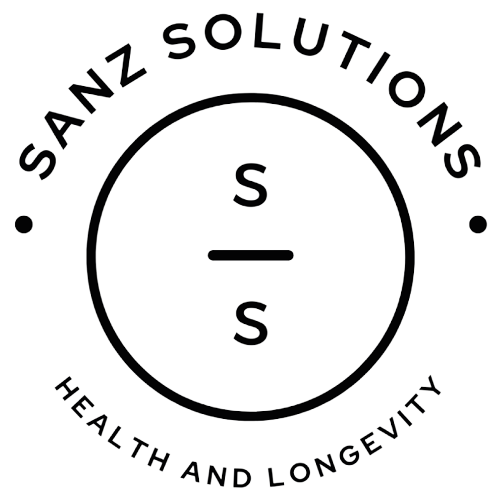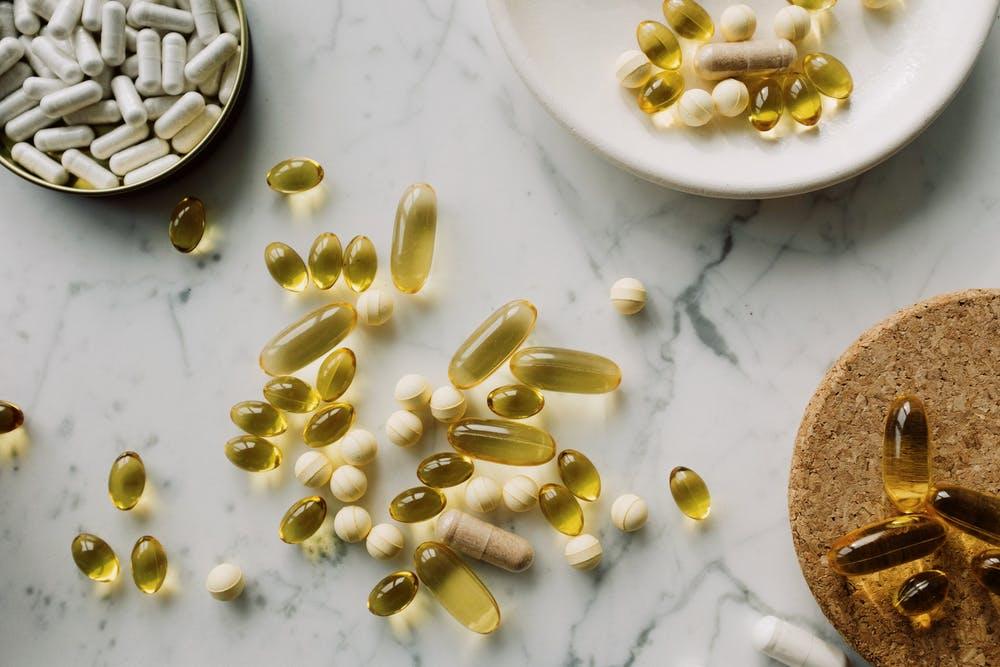Supplements and medicine both have a role in supporting health and longevity. While supplements can provide additional nutrients to support overall health, medicine can be used to manage specific health conditions. In this article, we will explore the relationship between supplements and medicine for health and longevity.
Supplements for Health and Longevity
Supplements are dietary products that contain vitamins, minerals, herbs, or other substances that can support overall health. They can be a convenient and easy way to ensure that you are getting all the nutrients you need, especially if you have specific dietary restrictions or have difficulty consuming a balanced diet. However, it's important to note that supplements should not be used as a substitute for a healthy diet.
Certain supplements, such as vitamin D, omega-3 fatty acids, and probiotics, have been shown to have potential health benefits. For example, vitamin D is important for bone health and immune function, while omega-3 fatty acids can reduce inflammation and support heart health. Probiotics can also support digestive health and boost the immune system.
However, it's important to be aware that supplements can interact with prescription medications or have unwanted side effects. Before taking any supplements, it's important to talk to your healthcare provider to ensure that they are safe for you to take and won't interact with any other medications you are taking.
Medicine for Health and Longevity
Medicine can be used to manage specific health conditions and can support health and longevity. Prescription medications such as statins can lower cholesterol levels and reduce the risk of heart disease, while blood pressure medications can help manage hypertension and reduce the risk of stroke.
Over-the-counter medications such as aspirin can also have health benefits, such as reducing the risk of blood clots and certain types of cancer. However, like supplements, medications can have unwanted side effects and can interact with other medications.
It's important to always follow the instructions on any medication and talk to your healthcare provider before starting or stopping any medications.
Combining Supplements and Medicine
It's important to be aware that combining supplements and medicine can have potential risks. Certain supplements can interact with prescription medications and reduce their effectiveness or cause unwanted side effects. For example, St. John's Wort, a common supplement used to treat depression, can reduce the effectiveness of birth control pills and antidepressants.
It's important to talk to your healthcare provider before combining supplements and medication to ensure that they are safe to take together. It's also important to be aware that some supplements can be harmful if taken in excess. For example, high doses of vitamin A can be toxic and lead to liver damage.
Conclusion
Supplements and medicine both have a role in supporting health and longevity. While supplements can provide additional nutrients to support overall health, medicine can be used to manage specific health conditions. It's important to be aware of the potential risks of combining supplements and medication and always talk to your healthcare provider before starting or stopping any medications or supplements. By working with your healthcare provider and making informed choices, you can support your overall health and longevity.
- National Institutes of Health. (2013). Dietary Supplements. Retrieved from https://ods.od.nih.gov/factsheets/DietarySupplements-HealthProfessional/
- National Institutes of Health. (2019). Office of Dietary Supplements. Retrieved from https://ods.od.nih.gov/
- Mayo Clinic. (2021). Supplements: Nutrition in a pill? Retrieved from https://www.mayoclinic.org/healthy-lifestyle/nutrition-and-healthy-eating/in-depth/supplements/art-20044894
- American Heart Association. (2019). Medications for Heart Disease. Retrieved from https://www.heart.org/en/health-topics/heart-attack/treatment-of-a-heart-attack/medications-for-heart-attack-prevention
- U.S. National Library of Medicine. (2021). Aspirin. Retrieved from https://medlineplus.gov/druginfo/meds/a682878.html
- National Center for Complementary and Integrative Health. (2020). St. John’s Wort. Retrieved from https://www.nccih.nih.gov/health/st-johns-wort
These resources provide evidence-based information on supplements and medicine for health and longevity.

